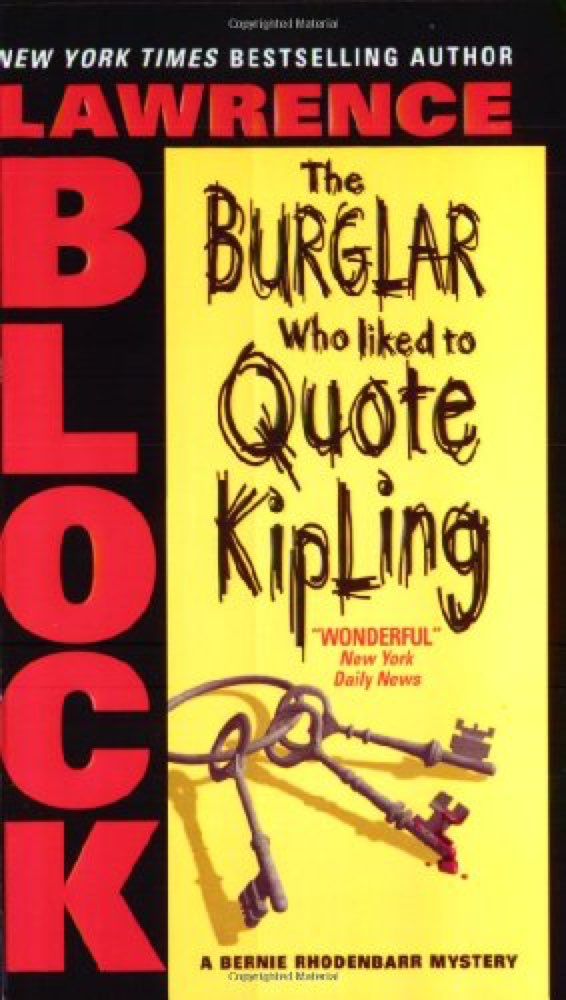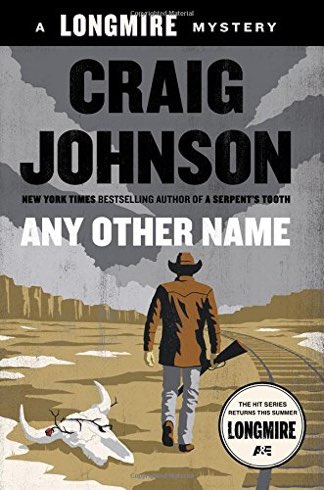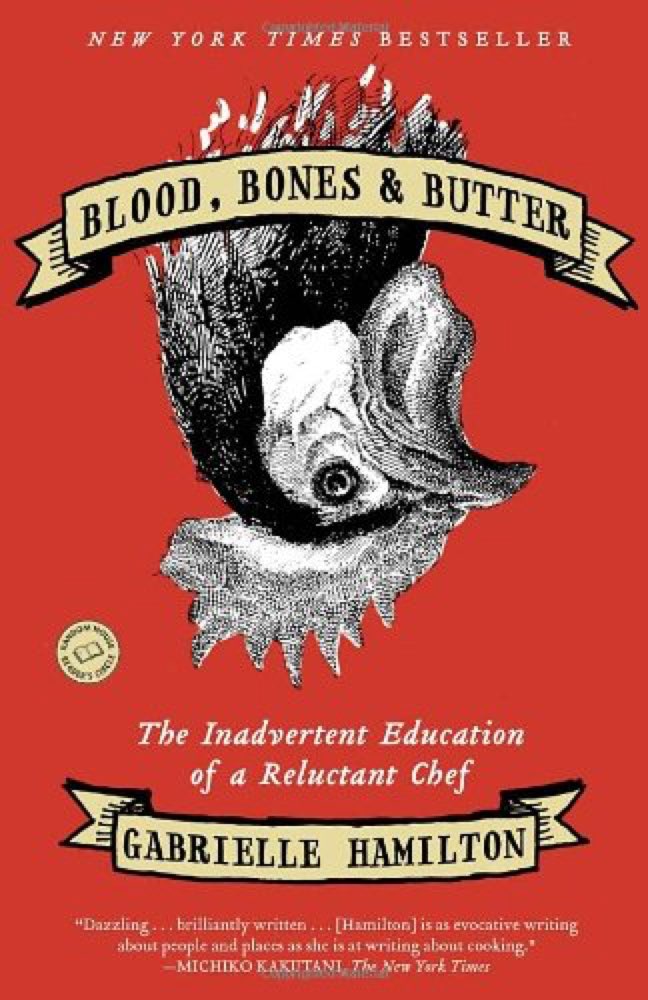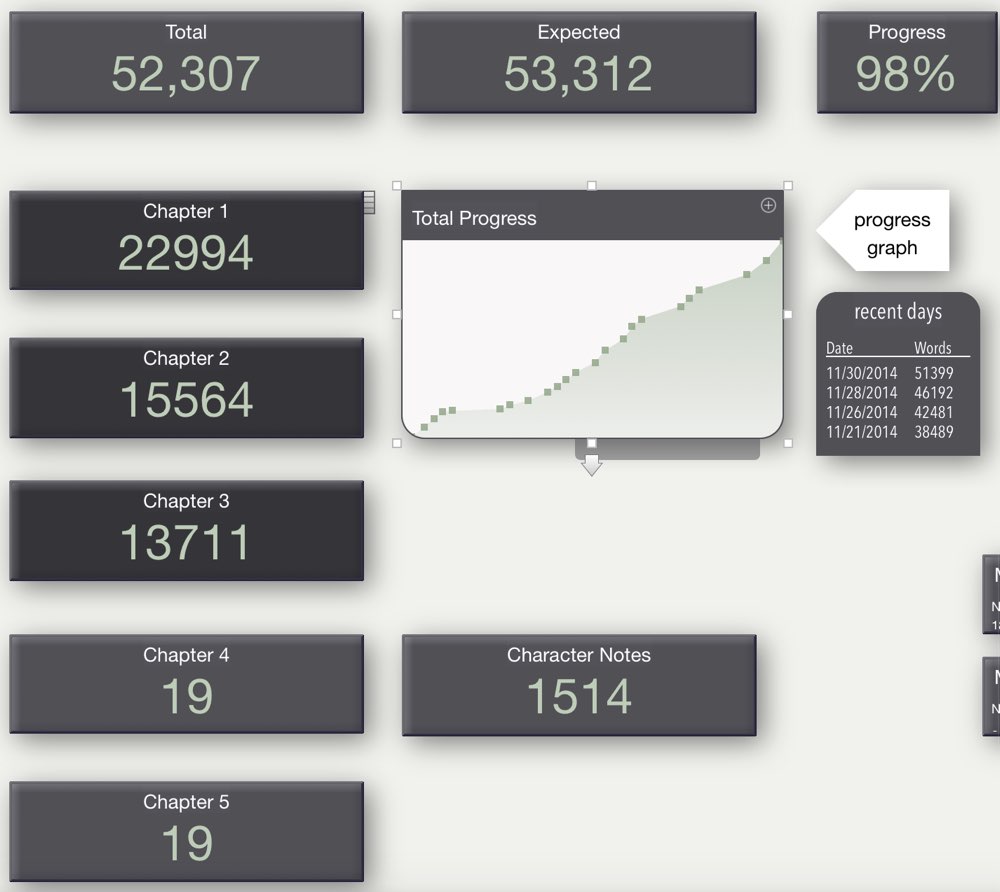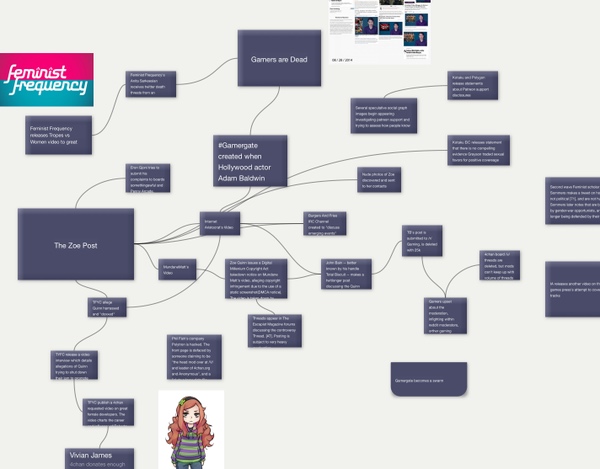In my NaNoWriMo notes, I kept a tab with an outline of characters. This is a sprawling project, as school stories tend to be, and so it’s good to have a reference. What’s the science master’s name? Who is Cassie’s roommate? When you’re cranking a couple of thousand words, it’s easy to invent facts, but today’s facts are tomorrow’s continuity blunders. So, I have lots of notes like this one, describing one of the senior students:
May Elster was born in the village, as were her father and her grandfather, both shopkeepers. May’s father owns an important general store has served as alderman. Her features bear the stamp of the Eastern traders from whom she is descended.
May’s family still uses some evocative phrases of Eastern language when they are at home and no visitors can hear. Her Eastern grammar and accent are abominable, but May can, with difficulty, manage a simple conversation in Eastern. When she is angry, May knows a number of very imaginative Eastern curses.
She rooms with Cassie (and also, briefly in chapter 2 flashback, Amy).
Aside from continuity, I found myself using this chiefly for two reasons. First: I’d often need to add someone to a scene and had not particular idea who to add beyond “another student” or “one of the instructors”. Second: I’d quite often know exactly who I meant to add (“the lonely gay line cook you invented the other day – yeah, that one”) but had forgotten the name.
It occurs to me that these character notes should have been agents. The agent looks through the draft for notes that mention the character’s name:
Query: descendedFrom(/Draft) & $Text.contains("May")
Sort: OutlineOrder(original)
DisplayExpression: $Name+" ("+$Role+") "+$ChildCountThis gives us a quick summary of the scenes in which each character appears.
Now, we’re not finished here. The regular expression needs to be tweaked, for example, so it doesn’t think every sentence that begins with the word “maybe” is mentioning our character. But that’s a messy detail. Main point: we have the same quick reminder of the name of each character, the same handy place to store notes as the character accretes detail, plus now we know roughly how many scenes each characters figures in, and we can get instant access to any of those scenes.
